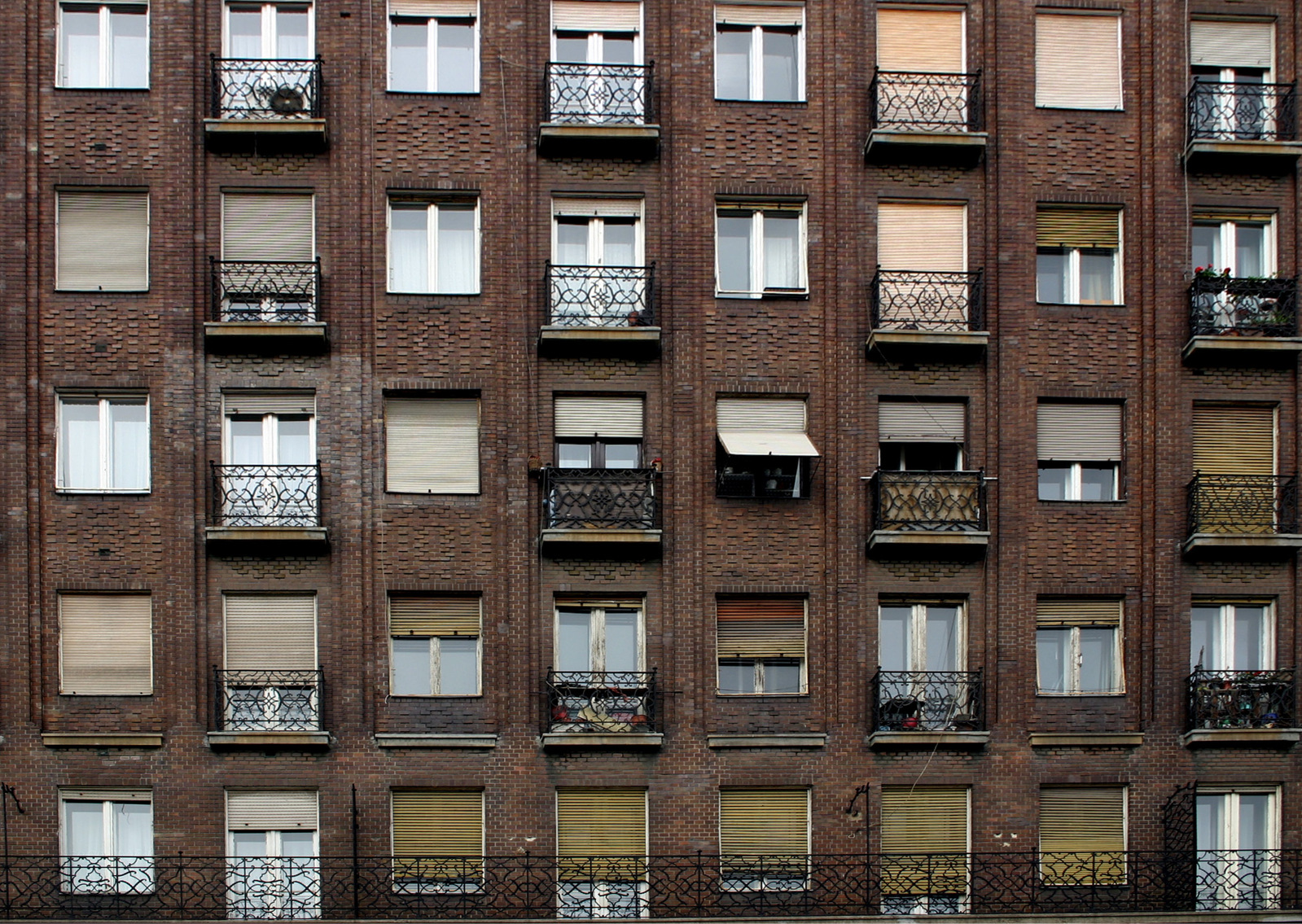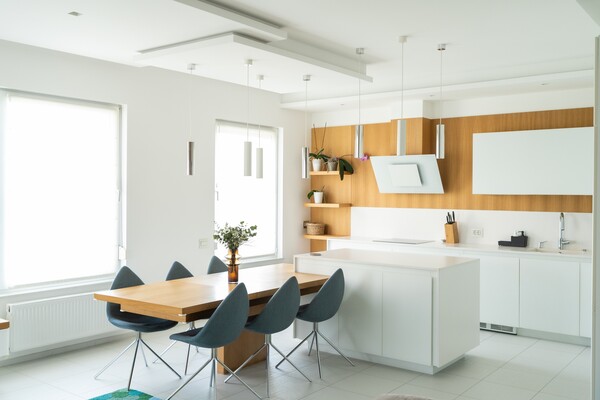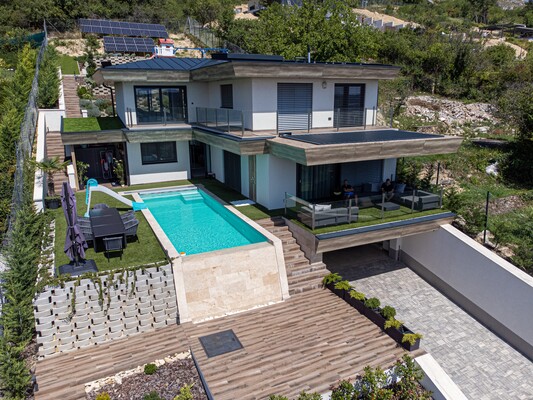As the transaction boom continues, costs will continue to rise: as the current average prices are only 4% less than the record prices of 2008. The biggest price growth in Hungary was registered in Budapest: the capital was was listed as having an astounding 20% rise in prices of residential and rental properties in comparison to last year.
There is positive news for sellers: statistically the sell time for properties has decreased from 3-4 months to 1,5-2 months as was shown the first 3 quarters of 2015. However, this statistic does not apply to newly built projects, as those have become rare finds as developers are compromised by the high VAT rate of 27% that is added to the selling price of these new residential properties. This addition pushes developers into an area of being out priced by pre-existing properties.
This outstanding price increase is true for easily rentable apartments centrally located and less so for family housing. The cause of this boom appears to be driven by investors solely. In addition, the number of short-term, vacation rental properties has tripled this summer due to the ever-growing influx of tourism in Budapest. As the number of long term rental apartments decrease, rental fees grow higher. This change has been relevant for students and tenants searching for rental apartments during the end of Summer. What many experienced, in the downtown areas of Budapest, was a noticeable 20-30% rise in rental fees across the map.
This is a feat for investors who are interested in Budapest’s more central and popular districts. These locations can harvest higher yields and facilitate rental prospects when purchasing a property in these popular areas. Many investors have expressed that a yearly yield of 10% is not impossible nowadays in Budapest, when having a perfectly located, long-term rental apartment.
Due to this rise in sales, there has become a ever growing interest in the more small and quaint sized properties in Budapest: 40-60m2 have become the preferred size of these smaller properties, as they are reasonably priced though, more often than not, would require some renovation.

A question arises from all of this: how long will this growth last? As this is not an easy question, what is known is that the residential real estate market, just like all other segments of real estate market, is cyclical. The cycles of intensive growth will turn into a more moderate growth, eventually slowing down to a halt and to a bar of levelness. Recent history and experience tells us we should expect more than a 1 or 2 year rise (as the last period of growth happened in the late 1990s and early 2000s, and lasted for almost a decade).
It is also worth mentioning that property prices in Hungary (even in Budapest) are much lower than in other European countries - not just compared to the infamous ly high property prices of London. Even compared to the CEE region, Hungarian properties (in relation to local income) are cheaper than neighboring Slovakia, Czech Republic and even Austria.
All in all, it is reasonable to assume that the Budapest real estate market will continue on it’s ascend in the coming years as there is still much more room to grow.






